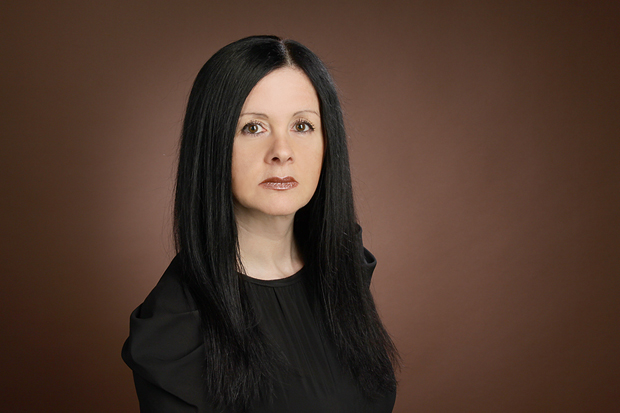Naturally Hypernatural
together with the School of Visual Arts, NYC
Nature is booming. If one looks at the latest trends in contemporary art or even at the major international art events that have dominated the last two years (documenta, Biennale, Ars Electronica), an "appearance" shows a dominance of "nature" in a striking way; equally, however, its manifestations are radically new. And this is interesting, because a connection of "nature" and "art" seems to be nothing new. All the more not in the 20th century, which is dominated in many ways by artistic practices, techniques, strategies, materials that use nature.
Entangled Histories Alternative Descriptions of Modernities and the Contemporary in History and Self-Conception
Under the aspect of aesthetics, it is a matter of exploring how and with which manifestations embodiment occurs at all. The aspect of aisthesis aims to clarify how something can be sensually experienced and felt, and how this process can in turn be perceived. Medium is negotiated for this research project in two perspectives: first, we understand the senses as a 'place of passage', that is, as a medium - to show that it is precisely sensory experience "whereby objects exist in the first place" (Maurice Merleau-Ponty: 1994, p. 51). However, we then take this classical phenomenological approach, as first articulated by Merleau-Ponty, further to explain the importance of the arts for understanding theories of embodiment: for us, medium is not only the senses themselves that enable an understanding of the world, but they are in turn tied to media of embodiment, such as objects, scenes, and scenarios of art.
Aesthetics, Aisthesis and Media of Embodiment
The project Aesthetics, Aisthesis and Media of Embodiment aims to close a desideratum in the discussion about embodiment. Although the research conducted in this framework has provided important insights into embodiment processes, it has not yet been able to show fundamentally what embodiment is. Current research on embodiment therefore urgently needs the development and application of a methodology that is phenomenologically grounded and based on art and art studies. This is to be realized within the framework of the project. Explicitly under the aspect of aesthetics, the aim is to explore how and with which manifestations embodiment occurs at all. The aspect of aisthesis is to clarify how something can be sensually experienced and felt and how this process can in turn be perceived. Aesthetics and aisthesis will serve as guiding categories for the project to understand what thinking means at all. With the new research approach to be developed, and thus through new research methodologies that the project will develop, it might become possible to understand embodiment fundamentally and in all its complexity.
Publication:
Kunst zwischen Szene und Szenario / Art between Scene and Scenario
On the one hand, the research project discusses the transdisciplinary cross-overs that contemporary art, as a decidedly artistic practice of knowledge, is currently carrying out. On the other hand, this project examines those art forms that elude classical genre boundaries in order to establish quite independent modes of presentation whose manifestations are to be sought in a convergence of staged and real space. In addition - as a third analytical approach - the question of distinctive subjectivity and subjective experience - of both the artist and the recipients - is posed anew in this project. The aim is to relate the subjective experience of the artwork - consciously activated by artistic practice - to the processuality and spatiality of this reception, in order to then be able to make concrete statements about the modes of appearance and effect of contemporary art.
